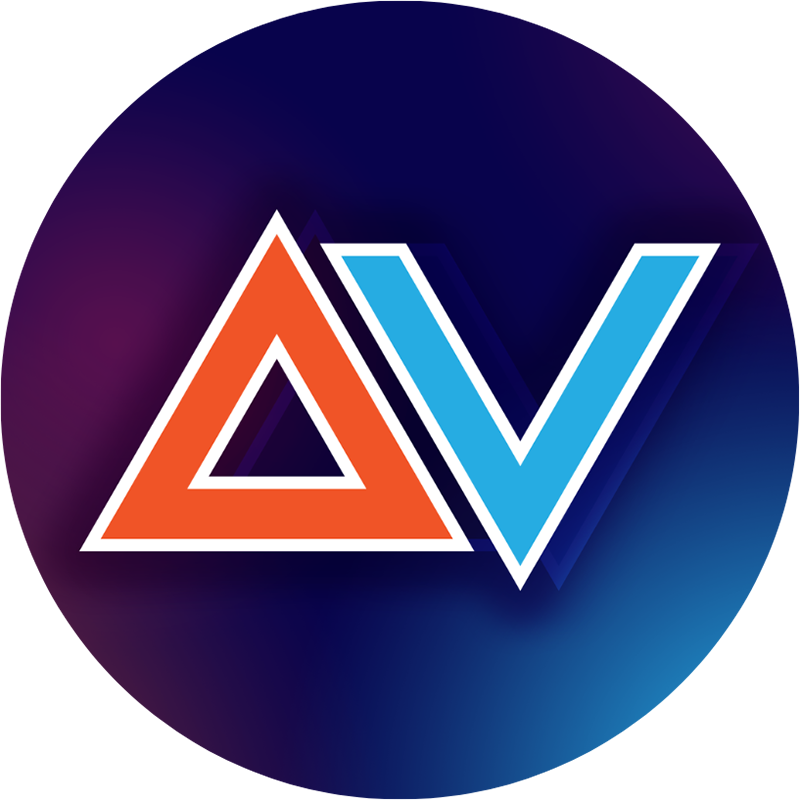Legal
State-specific Statements
This school is exempt from registration requirements in Iowa Code Chapter 261B as described in Iowa Code Section 261B.11, subsection 1, paragraph “k” for “postsecondary educational institutions offering programs limited to nondegree specialty vocational training programs. Notwithstanding that exemption, inquiries or complaints regarding this private nonprofit vocational school may be made to:
Executive Director, The New Bohemian Innovation Collaborative, Inc.
415 12th Avenue SECedar Rapids, IA 52401
or by contacting the following:
Bureau of Iowa College Aid, Iowa Department of Education
400 E. 14th St. | Des Moines, IA 50319
Iowa Department of Education website: https://educate.iowa.gov/
Student Complaints Webpage – https://educate.iowa.gov/higher-ed/student-complaints
Cancellation and Refunds
This school’s cancellation and refund policy is in accordance with Iowa Code Section 261.9(1)(g).
Disclaimers and Limitations of Liability
Any controversy or claim will be arbitrated on an individual basis, and will be conducted in Cedar Rapids, Linn County, Iowa, and judgment on the arbitration award may be entered into any court having jurisdiction thereof.
NewBoCo Statement of Financial Responsibility
Iowa law requires the DeltaV Code School as a private nonprofit vocational school to file a statement of financial responsibility with the Commission listed above. That financial responsibility statement is available to the public by request directed to the Commission.
How to File a Complaint in Iowa
Iowa law requires private vocational schools to inform students how to file a complaint. By signing this form you acknowledge this process has been explained to you. Below are the next steps the school must take in discussing this policy with you, along with information about the complaint process.
Iowa's Complaint Policy
First, a school representative must discuss the school’s complaint policy with you. Following this discussion, you will be provided with this attachment to sign. After you sign this form, the school will give you a copy for your personal records. The school will also keep a copy on file.
Acknowledgement of Iowa’s Complaint Process by Student
- The school has described the grievance and/or complaint policy to me.
- I understand that the policy can also be found in the school catalog.
- I know I should first try to resolve a complaint or concern with my instructor or school administrator.
- I understand nothing prevents me from contacting the Iowa College Student Aid Commission at 877-272-4456 at any time with a concern or complaint, and complaint forms are here.
- Finally, I acknowledge that details about the complaint process, my rights, and any restrictions can be found here.
non discrimination policy statement
It is the policy of The New Bohemian Innovation Collaborative, Inc. that no person shall be excluded from participation in, or denied the benefits of, or be subjected to discrimination under, any program or activity of The New Bohemian Innovation Collaborative, Inc., d/b/a DeltaV Code School, on the ground of race, color, national origin, handicap, sex, or age.
Disciplinary Action for Low Grades
Code 201, Code 301, and Code 401 students who maintain point totals of less than 90% of their potential points are considered to be underperforming. Because of the wide variety of circumstances and possible appropriate remedies, DeltaV Code School gives its instructors broad latitude for handling students with grades below 90%.
For example, students with less than 70% of available points in a course can be excused from the program. Students between 70% and 90% may be given a verbal or written warning, if it appears they will have difficulty in completing the course.
Grading System
DeltaV Code School provides only a pass/fail transcript and does not assign letter grades to each student. However, to monitor student progress throughout each program, DeltaV Code School uses a point-based grading system that is introduced to the students on the first day of each program.
Students receive a specified number of points for assignments, quizzes, projects, participation, lighting talks, and/or other deliverables during the program. Program instructors maintain and update point totals throughout the program such that students can log in to the system and view their scores.
Instructors do not assign grades on any curve or adjusted system; all points are assigned completely based on completion of assignments and quality of work and energy invested.
